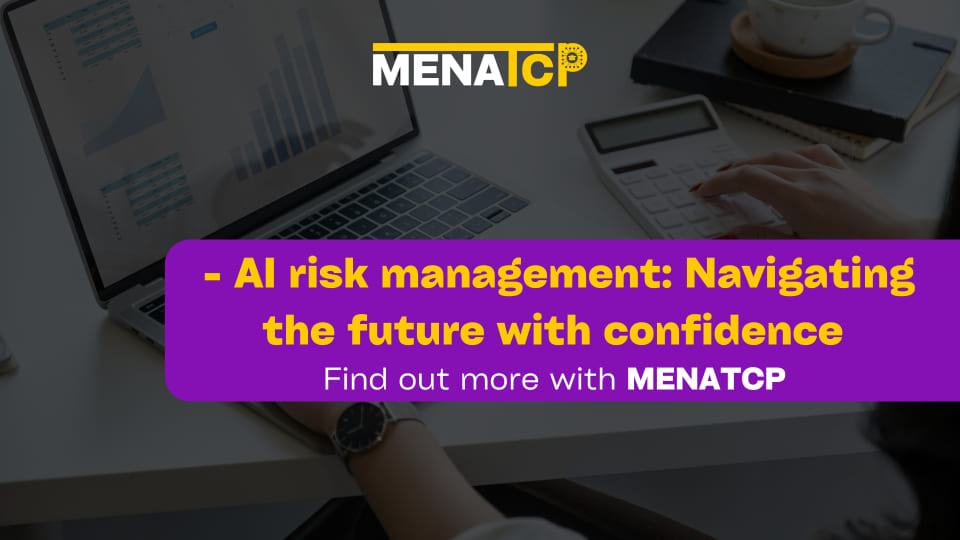Artificial Intelligence (AI) is transforming industries and reshaping the business landscapes organizations increasingly integrate AI into their operations, the need for robust AI risk management becomes essential. While AI offers significant benefits such as increased efficiency, improved decision-making, and automation of routine tasks, it also introduces new risks. These risks—ranging from data security concerns to ethical issues—must be managed strategically to ensure AI deployments enhance rather than compromise business objectives.
This blog explores the key elements of AI risk management, offering insights into how organizations can build resilient frameworks to mitigate risks while harnessing the power of AI.
AI systems are designed to mimic human intelligence, using algorithms and data to perform tasks like prediction, decision-making, and problem-solving. However, the complexity of these systems introduces various types of risks, including:
To mitigate these risks, organizations must adopt comprehensive AI risk management strategies that focus on prevention, detection, and mitigation.
Effective AI risk management requires a proactive approach. Here are some key components that organizations should consider:
AI tools help identify potential risks faster and more accurately, giving risk managers the ability to detect issues before they escalate. By integrating AI into your risk management strategies, you can enhance early warning systems and create a more proactive, risk-aware culture within organizations. AI-powered analytics can uncover patterns and anomalies in large datasets that humans might miss, allowing you to build more robust risk management frameworks.
As a risk management professional, you can utilize AI to continuously monitor operations and provide real-time insights into emerging risks. This not only enhances the overall culture of risk awareness but also empowers employees with better data to make informed decisions.
AI systems improve accountability and transparency by automating risk reporting and enhancing decision-making processes. AI can help you provide clearer, more data-driven insights into risks, making it easier to hold stakeholders accountable. By using AI, risk managers can track risk mitigation efforts and monitor compliance with regulations in real time.
If you’re entering the risk management field, you can leverage AI to ensure transparency in your workflows.
AI tools can provide detailed reports, automate audit trails, and offer insights into how decisions are made. This allows you to build trust with stakeholders and ensures that all actions taken are in line with ethical standards and organizational goals.
To stay competitive in the evolving risk management landscape, it’s essential to equip yourself with the skills to effectively manage AI-related risks. As AI increasingly plays a role in risk management, professionals entering the field will need to understand data governance, cybersecurity protocols, and ethical AI use.
Training programs that focus on AI-enhanced risk management will provide you with a competitive edge. You’ll learn how to manage the complexities of AI systems, including identifying potential risks in AI algorithms and ensuring data privacy and compliance with regulations. This expertise will position you as a forward-thinking risk manager capable of navigating the challenges and opportunities AI presents.
AI is not only reshaping the field of risk management but also opening up new career opportunities. By leveraging AI, you can enhance your ability to identify, assess, and mitigate risks, enabling you to make more informed decisions and build a stronger, more resilient risk management framework. For anyone pursuing a career in risk management, understanding and working with AI will be a critical factor in staying ahead of the curve and driving innovation in the field.
